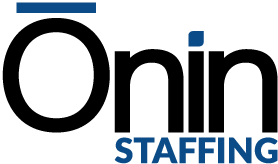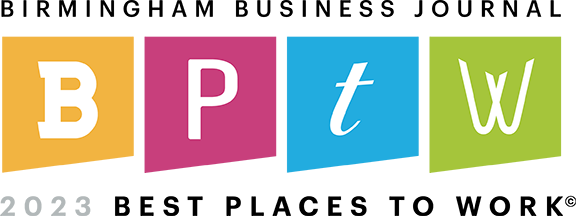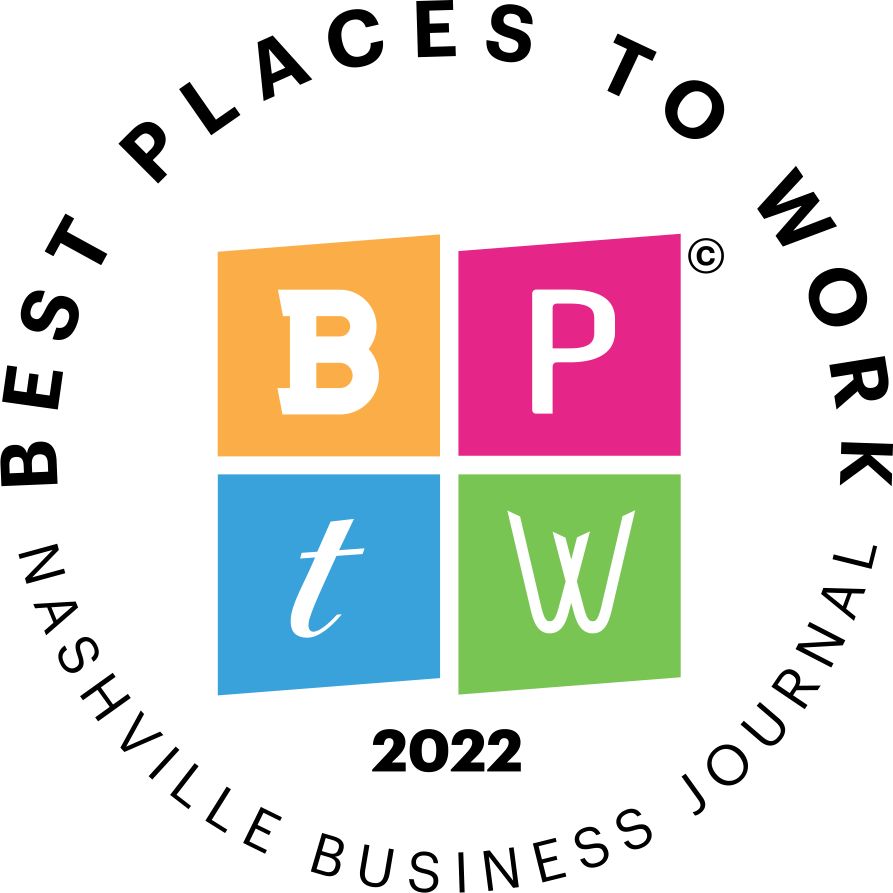
In any job hunt, the interview process is always a daunting task. But what if you happen to hate interviews? Don’t worry, we’ve got you covered. Here are 5 tips that will help you get through your next interview with flying colors-even if you’re not feeling your best.
Understand Why You Hate Interviews
The interview is a necessity. It allows the prospective employer to see what the applicant is made of, how they think on their feet, and whether they will be a good fit for the company. The problem is, many people hate interviews. They find them stressful, nerve-wracking, and often humiliating. The key to success in an interview is understanding why you hate them. Only then can you begin to overcome your fear and take control of the situation. The first step is to understand that the interviewer is not your enemy. They are simply trying to find the best candidate for the job. Second, remember that you are interviewing them as much as they are interviewing you. This is your opportunity to learn about the company and decide if it is a good fit for you.
You’re Not Confident In Your Interviewing Skills
When it comes to job interviews, lack of confidence can be a real disadvantage. It’s hard to put your best foot forward when you don’t feel confident in your abilities. Unfortunately, this lack of confidence can be difficult to overcome. When you’re in an interview, you may feel like you’re at a disadvantage. The key is to remember that everyone feels this way at some point. The key is to find a way to channel your nervous energy into positive motivation. Remember, the interviewer wants to see that you’re confident and capable. So take a deep breath, relax, and focus on putting your best foot forward. With practice, you’ll be surprised at how easy it is to gain the confidence you need to ace any interview.
You Don’t Like Talking About Yourself
When you don’t like talking about yourself, job interviews can be a nightmare. You hate having to sell yourself, and you hate feeling like you’re bragging. However, there are ways to make the process a little easier.
- Your interviewer is not looking for perfection. They’re looking for someone who is a good fit.
- Try to focus on your strengths. What are you good at? What do you enjoy doing? What are you passionate about? When you can answer those questions, you’ll be able to talk about yourself in a way that feels natural and authentic.
- Don’t be afraid to ask for help. If you’re struggling to come up with answers to the questions above, talk to a friend or family member who knows you well. They can give you some insight into what makes you special and why you would be a great fit for the job.
Talking about yourself doesn’t have to be painful. With a little preparation, you can make it a breeze.
The Interview Process Is Nerve-Wracking
Sure, job interviews are nerve-wracking. You have to sell yourself to a complete stranger, and you’re never quite sure what they’re looking for. It’s no wonder that so many people hate job interviews. But the interview is not a test, and you are not being graded. The interview is an opportunity for the employer to get to know you, so don’t try to be someone you’re not.
You Feel Like You’re Being Interrogated
Have you ever been in a job interview and felt like you were being interrogated? You’re not alone. It’s not uncommon for even the most confident applicants to feel like they’re under the microscope. The key is to remember that you can hold them to just as much scrutiny. You should be looking for just as much information about them as they are looking for about you. In the end, Answers the questions as honestly as you can, and you’ll be sure to ace the interview. Good luck!
You Don’t Know What To Expect
If you’ve been off the job market for a while, you might be feeling a little rusty when it comes to interviews. Or, you might be going for your first job, or you might be changing careers. It’s okay to feel uneasy; after all, you don’t know what to expect. Here’s a secret: since the labor market shifted and employees now have the leverage… your interviewer really doesn’t know what to expect either. You’re both a little off balance. If you’re honest when you go in about being a little nervous because you’re not sure what to expect… you’re actually creating common ground with your interviewer. And that’s the first step to a great interview.
Prepare For Your Interview
When you go into an interview prepared, you’re giving yourself a leg up on the competition. You’ve already taken the time to think about ready answers to common questions, and you’ve thought about insightful questions to ask the interviewer. This shows that you’re serious about the opportunity and that you’re ready to engage in a meaningful discussion about the role. As a result, you’re likely to make a more positive impression and increase your chances of getting the job. So next time you have an interview, remember to prepare ahead of time and go in ready to dazzle.
Do Your Research
Before you go into your interview, make sure you thoroughly research the company issues they have faced in order to be able to speak intelligently about them. It also shows that you are invested in the company. Secondly, research what the hiring manager does and what their common problems are. This allows you to To focus your conversation on how you can help solve those issues. Lastly, review the job description and research what skills are required for the job. By doing this, you will be better prepared to highlight your skills and explain how they transfer to the new role. By preparing for your interview ahead of time, you will be able to exude confidence and professionalism, and increase your chances of impressing the hiring manager and getting the job.
How Do Your Skills And Experience Translate Into The Needs Of The Hiring Manager
Any job interview is, at its core, a conversation between two people. The interviewer wants to know if you’re the right person for the job, and you want to convince the interviewer that you are. In order to do this effectively, it’s important to understand the needs of the hiring manager. What are the problems they’re facing? What possible solutions are there? And how do your skills and experience translate into those solutions?
By taking the time to understand the needs of the hiring manager, you can position yourself as the ideal candidate for the job. Your skills and experience become valuable not just in isolation, but in relation to the specific problems that need to be solved. This makes for a much more effective conversation, and increases your chances of success in landing the job.
Practice Makes Perfect
Just like anything else in life, the more you practice, the better you’ll become at it. And when it comes to job interviews, practice really does make perfect. By taking the time to prepare and rehearse your answers to common interview questions, you’ll enter the room with confidence and ease. You might even find that you enjoy the process – after all, a job interview is simply a conversation between two people. So don’t sweat it – practice makes perfect!
Arrive On Time
One of the most important things you can do in an interview is to arrive on time. This may seem like common sense, but you’d be surprised how many people show up late for their interviews. Not only does it make a bad first impression, but it also shows that you don’t respect the interviewer’s time.
When you show up on time, it shows you respectful, professional and are eager to get started. It also gives you a chance to collect your thoughts and calm your nerves before the meeting begins.
Bring Copies Of Your Resume
By being prepared and bringing copies of your resume, you can set yourself up for success. Not only does it show that you’re organized and considering the small details, but it also demonstrates that you’re proactive and resourceful.
It’s an easy way to make a good impression, especially if the interview happens to forget their copy (or possibly never even received it from HR)… you’re saving them the hassle of hunting it down or having to go into the interview blind. You’re already solving problems!
Dress The Part
Job interviews can be daunting. You want to make a good impression, but you don’t want to overdo it and look like you’re trying too hard. The key is to dress “above” the position. This shows that you’re taking the interview seriously and that you’re confident in your abilities. However, there’s no need to go overboard. A suit and tie are not always necessary. If the position doesn’t call for formal attire, then dress accordingly. The goal is to look professional, yet approachable. By following these simple tips, you’ll be on your way to nailing that job interview.
Behave Like A Professional
It’s weird that this needs to be said, but behave like a professional. This is common sense, but I’m surprised by how many people don’t do it. Show up on time dressed neatly with a firm handshake and good eye contact. Be respectful and sincere. Don’t try to be someone you’re not. The goal is to get the job, not to impress everyone in the room. Be prepared to answer questions about your experience and qualifications. And always remember to say thank you for the opportunity to interview. Professionalism goes a long way in making a good impression and landing the job you want.
Negotiate
There’s no need to hate interviews; with a little preparation, you can set yourself up for success. One of the most important things you can do is to know what you’re worth. Research the average pay for the position you’re applying for in your area (just Google it!), and don’t be afraid to ask for what you deserve. It’s also important to remember that salary isn’t everything. If the job isn’t a good fit, or if the company’s culture isn’t right for you, no amount of money will make it worth your while. Be sure to ask about things like vacation days, flexible hours, and other benefits during the interview process. By being prepared and knowing what you want, you’ll be in a much better position to negotiate the terms of your employment.











